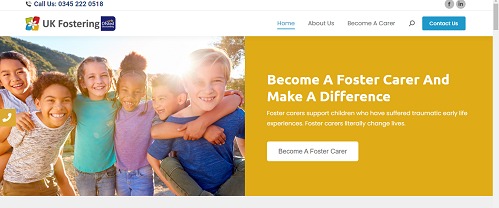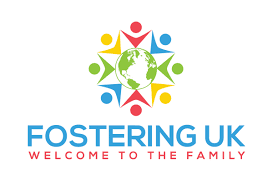Long-term Foster care vs Adoption
In the UK, UK fostering is a noble act of taking on the responsibility of caring for a child or young person in need. but you may be unsure about long-term/endless fostering or adoption. Long-term fostering might first seem quite similar to adoption, but it's crucial to remember that they're not the same thing. A kid put in long-term foster care will still be the original authority's legal obligation. Yet, when a kid is espoused, the consanguineous parents take on the child's legal obligations. This is their biggest variation, so if you're trying to determine which is best for you, think about why you want to keep an eye out for kids in the long run. Are you seeking for a kid to fairly join your family, or are you willing to assist a child through adulthood while still including them in your family while allowing them to keep their family name and any other close ties?
Long-term foster care refers to a care plan and the kind of care that will be suitable for the kid, not only the duration of the placement. Long-term or eternal foster care should be understood to signify that the child's care is to be continued in a particular foster placement, typically until they turn 18 and leave care, and definitely into the foreseeable future.
Social workers typically visit long-term foster situations less frequently, which is to their advantage, but regular reviews do happen. Yet, complete support must continue to be provided to the child and foster parent to ensure that the child's changing needs are met as they mature and approach adulthood. Foster parents may want this assistance to continue managing the child's evolving needs, to deal with shifting relationships with the child's birth family, or to help the young person get ready for independence, among other things.
Without any intentional preparation to encompass endless foster care, some children painfully remain in the care of a fostering family, sometimes for times. This sort of poor care planning, when suggestions aren't considered or aren't implemented, allows a foster care placement to veer off in an unclear route, is subpar. Children need to feel secure in the knowledge that they will be able to remain with the same family until they reach adulthood. Fostering Network points out that this does not imply that the child would automatically view the adoptive family as a "endless" family and reject their biological family.One of the most important benefits of long-term foster care is respect for the birth family's legacy and encouragement of the kid to keep in touch with them, unless doing so would be detrimental to the child's interests.
We hope you'll think about becoming a long-term foster parent since you'll be qualified to provide a child who can't live with their birth family with a strong connection and stability. Children entering a long-term foster placement require a stable, secure, and caring environment where they may feel at peace and completely established. They may have already experienced being in multiple foster homes or a children's care facility, therefore they require a foster family who will commit to them and support them for the remainder of their nonage.
Are you considering becoming a foster family in the UK with UK Fostreing? Long-term fostering can be incredibly rewarding, providing children who may have had multiple placements with stability and security. You'll need to provide an environment that is loving and supportive for the duration of their childhood, helping them establish meaningful connections and ensure that they feel at ease.




Comments
Post a Comment